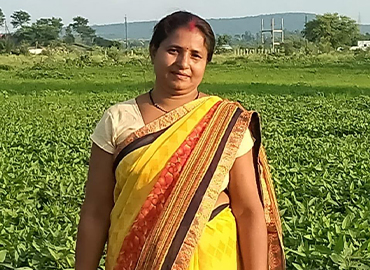Rajni ji
Rajni, a simple housewife supports her family by selling soy products
Read More
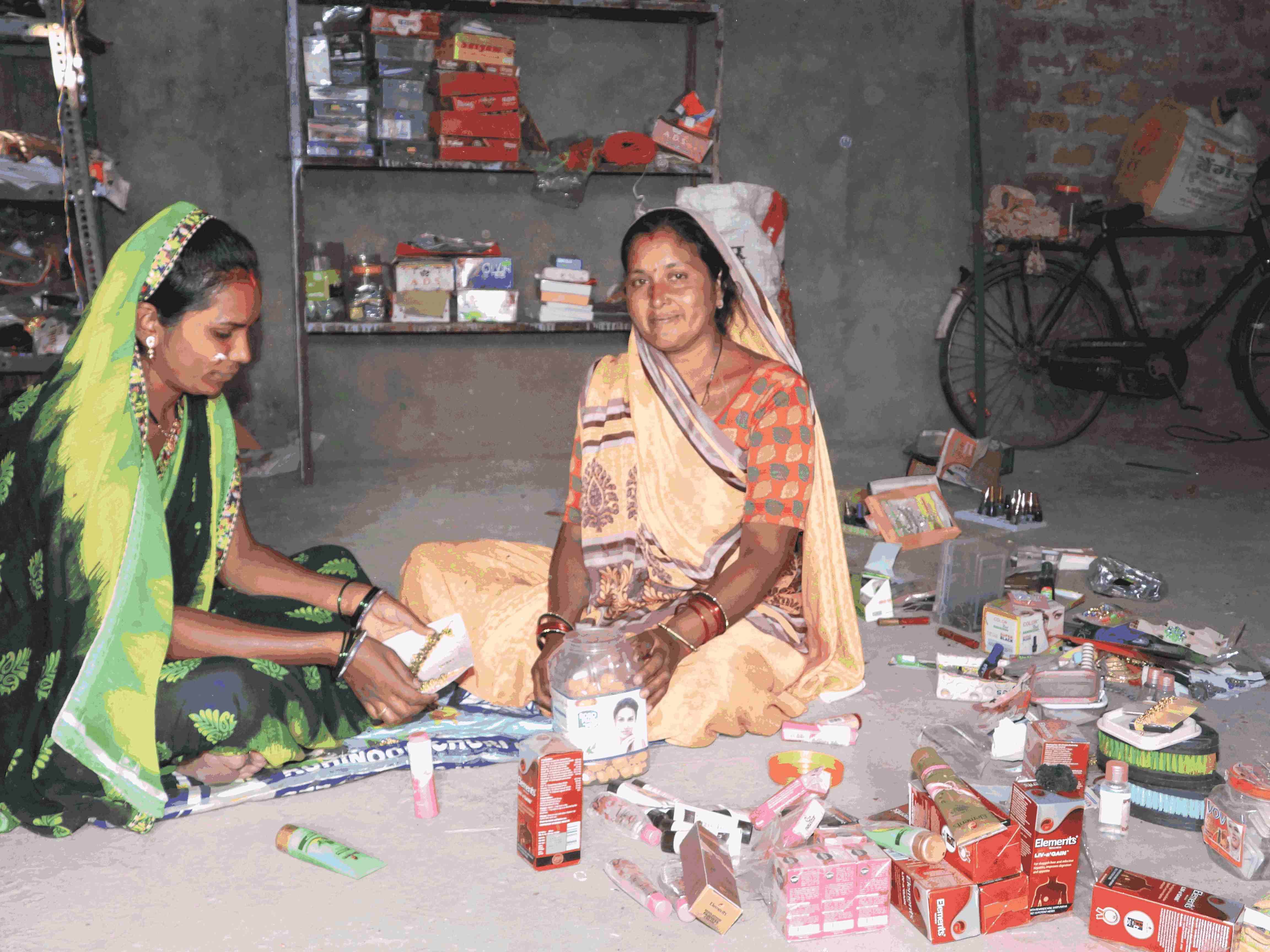
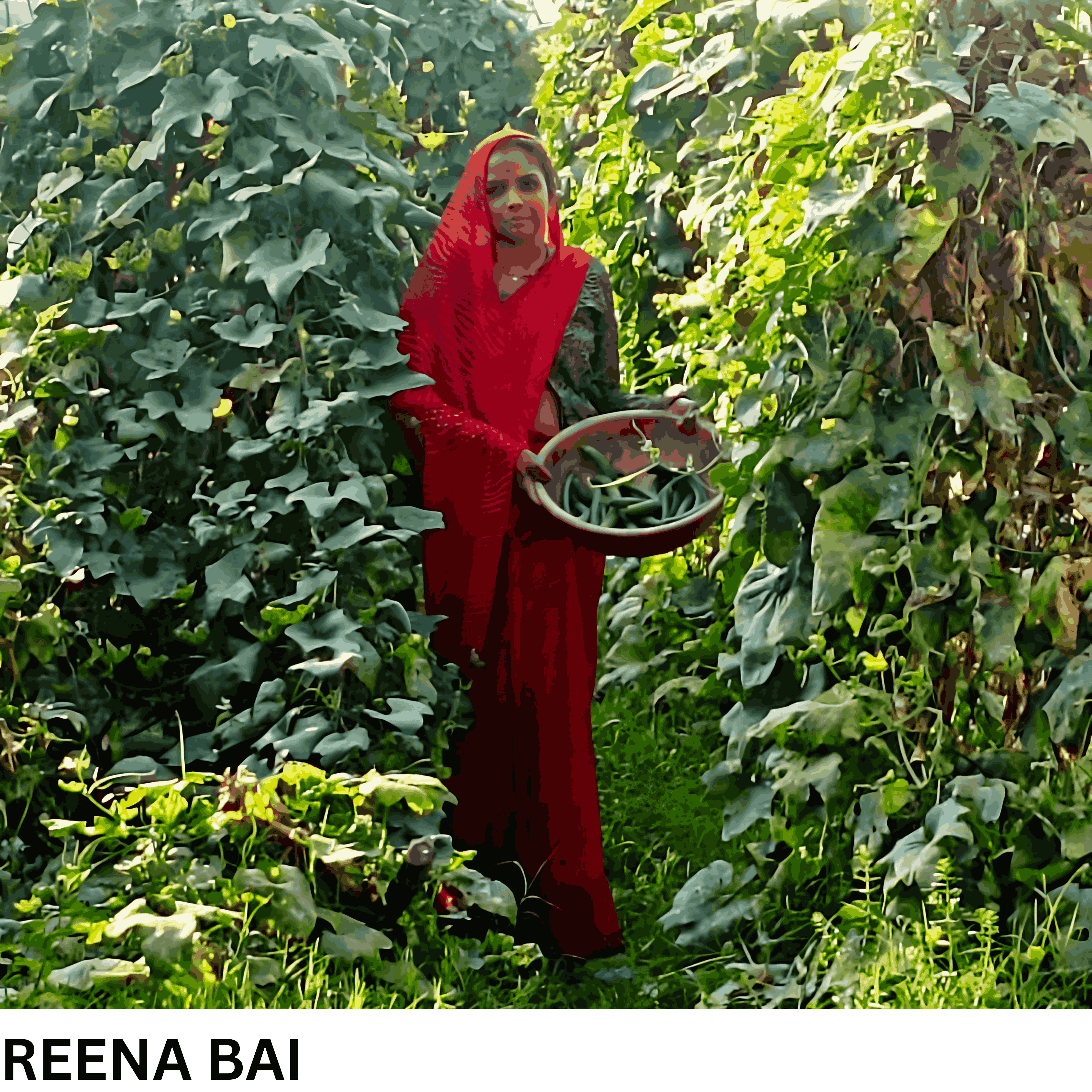
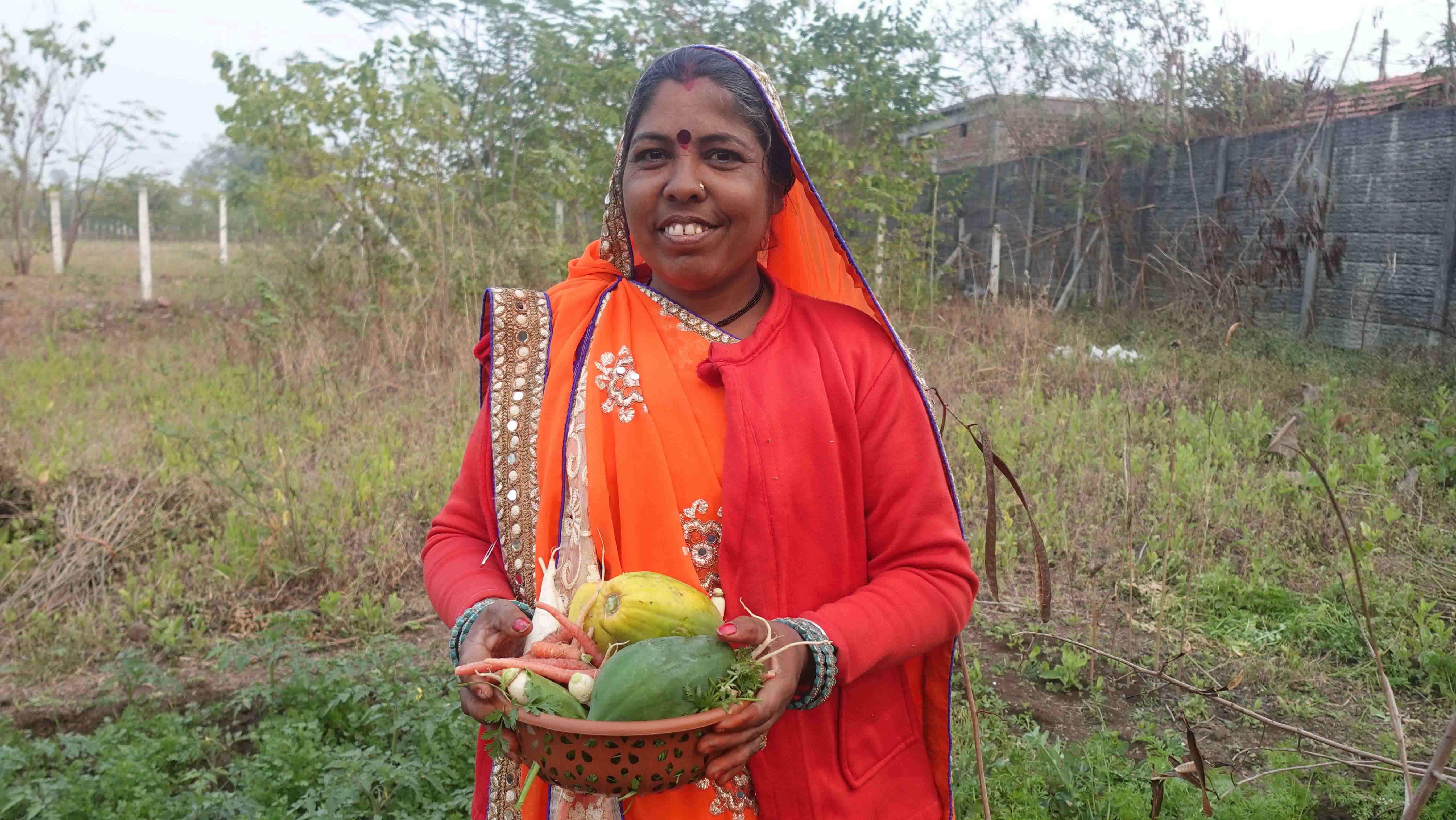
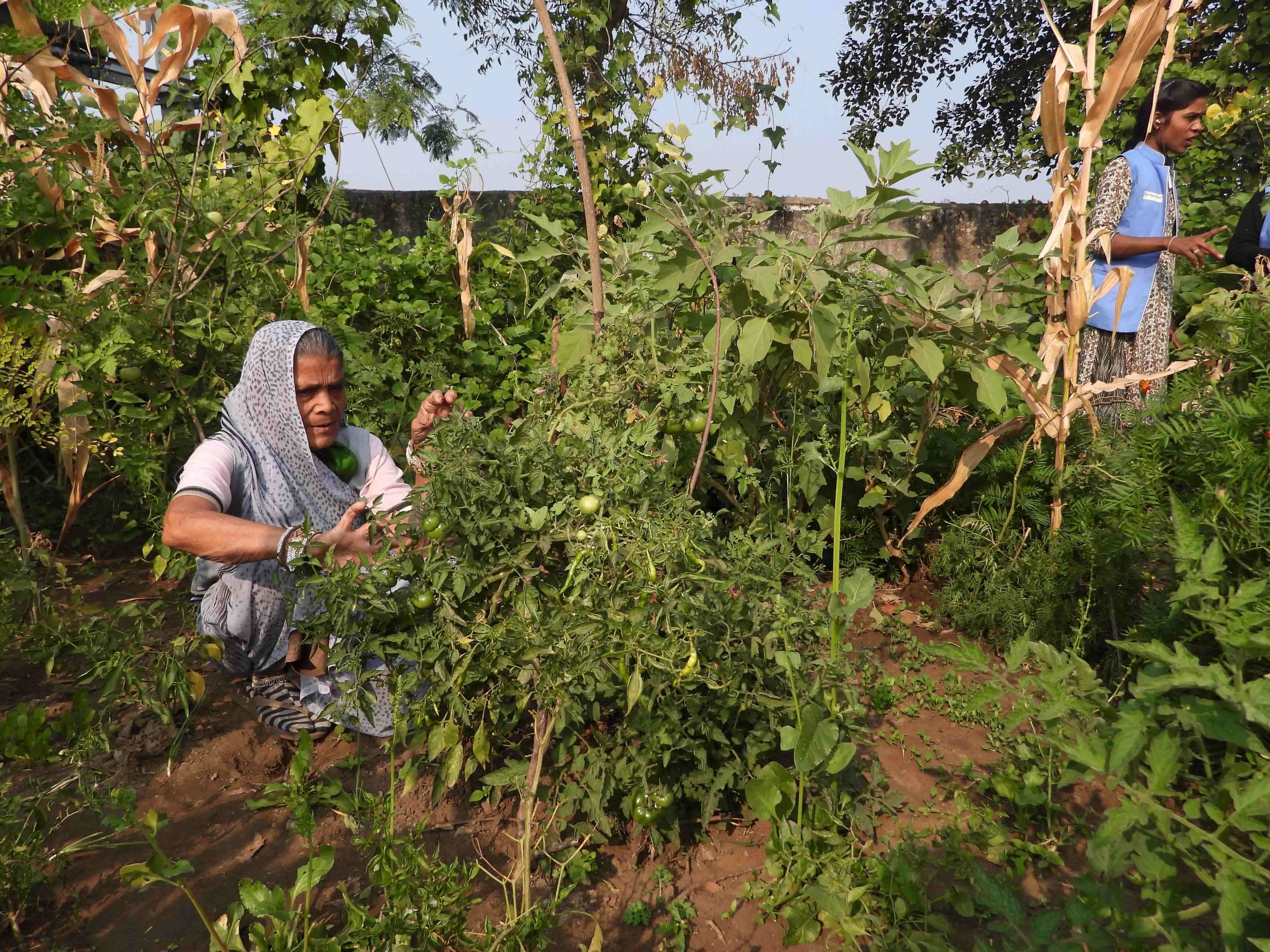
Kala Bai
How minor changes in lifestyle helped Kala Bai fight pain in her life
Read More
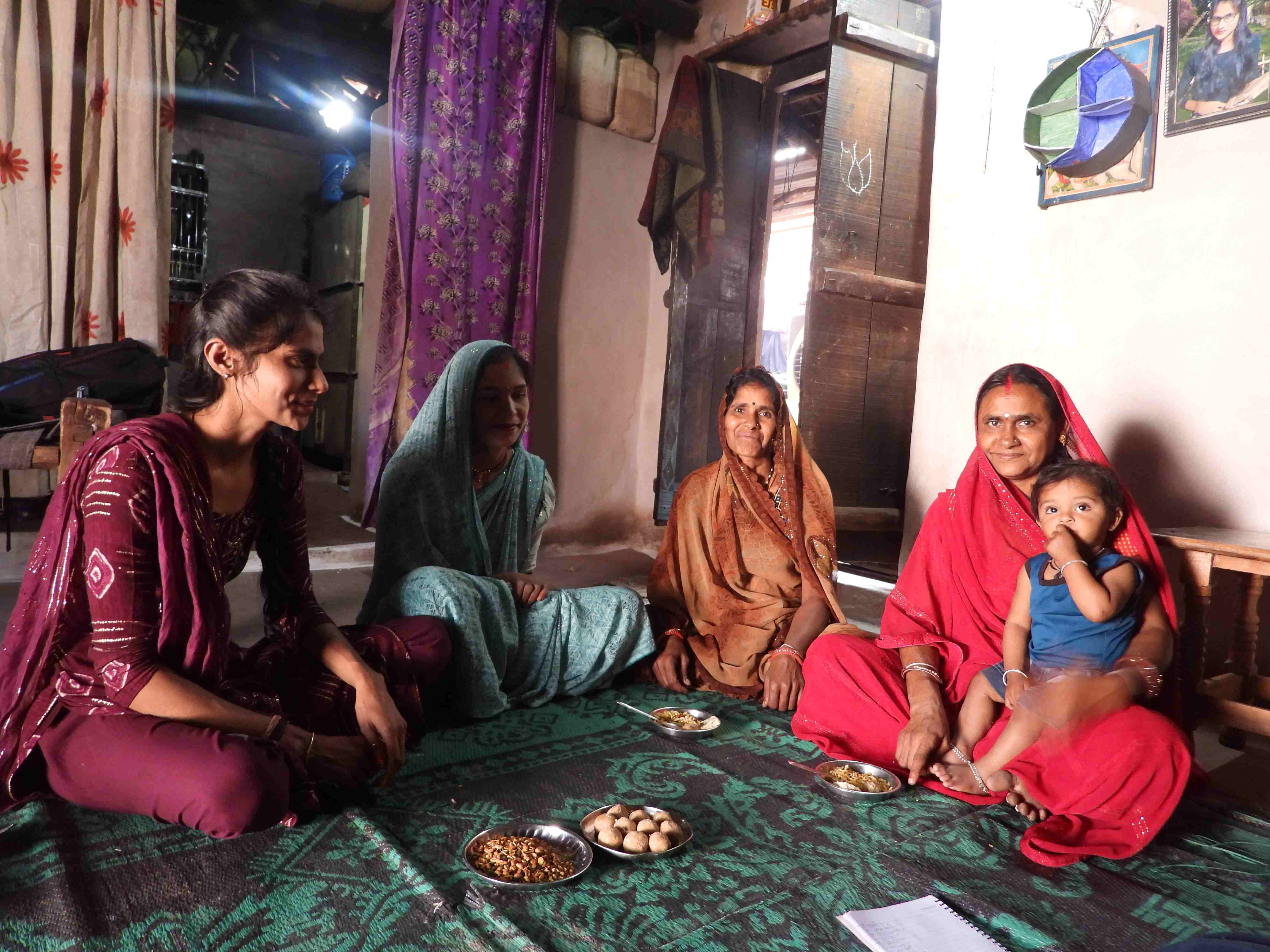
Hema's Journey
Hema's Journey to wellness through GFGF's nutrition awareness drive
Read More
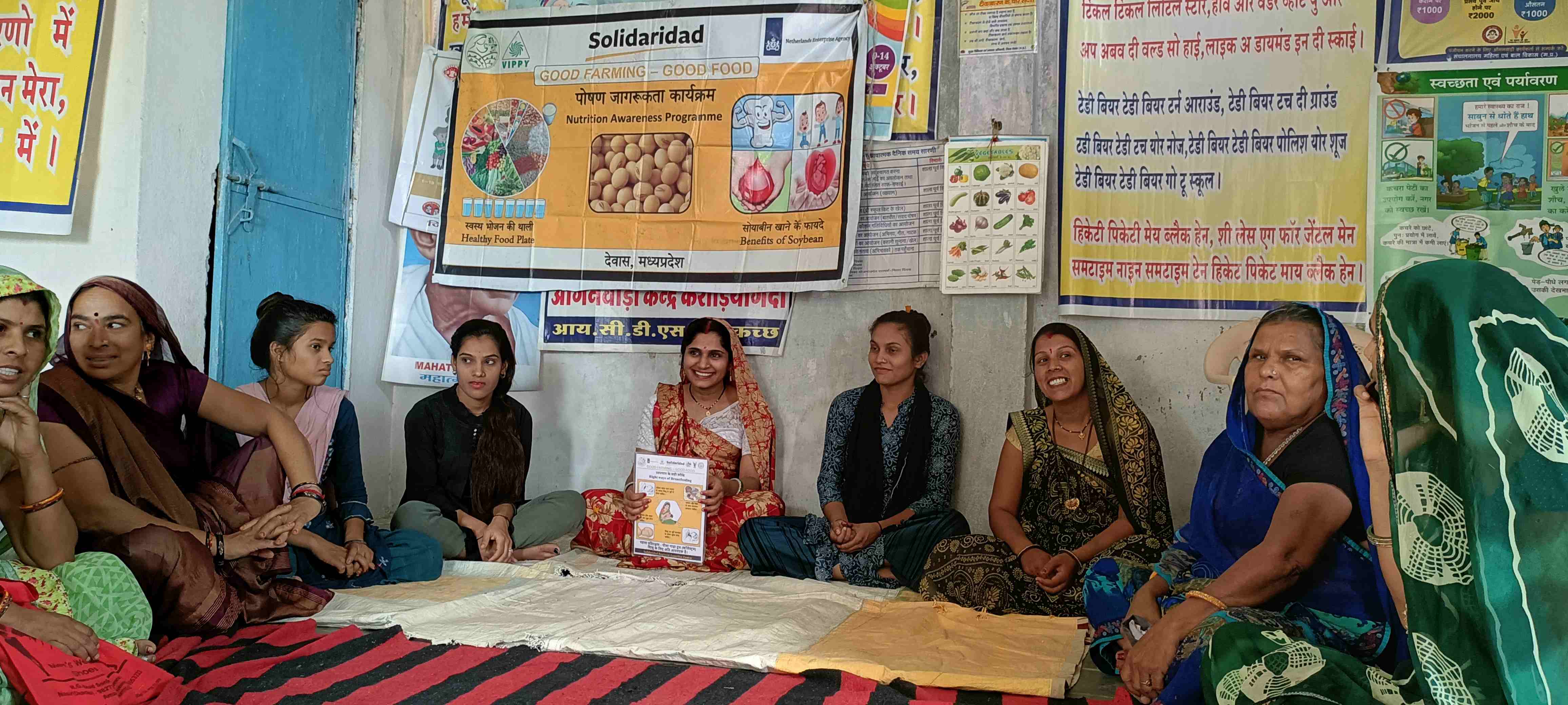
Sanjana Bamaniya
Sanjana Bamaniya: From farmer to entrepreneur to empowering trainer
Read More

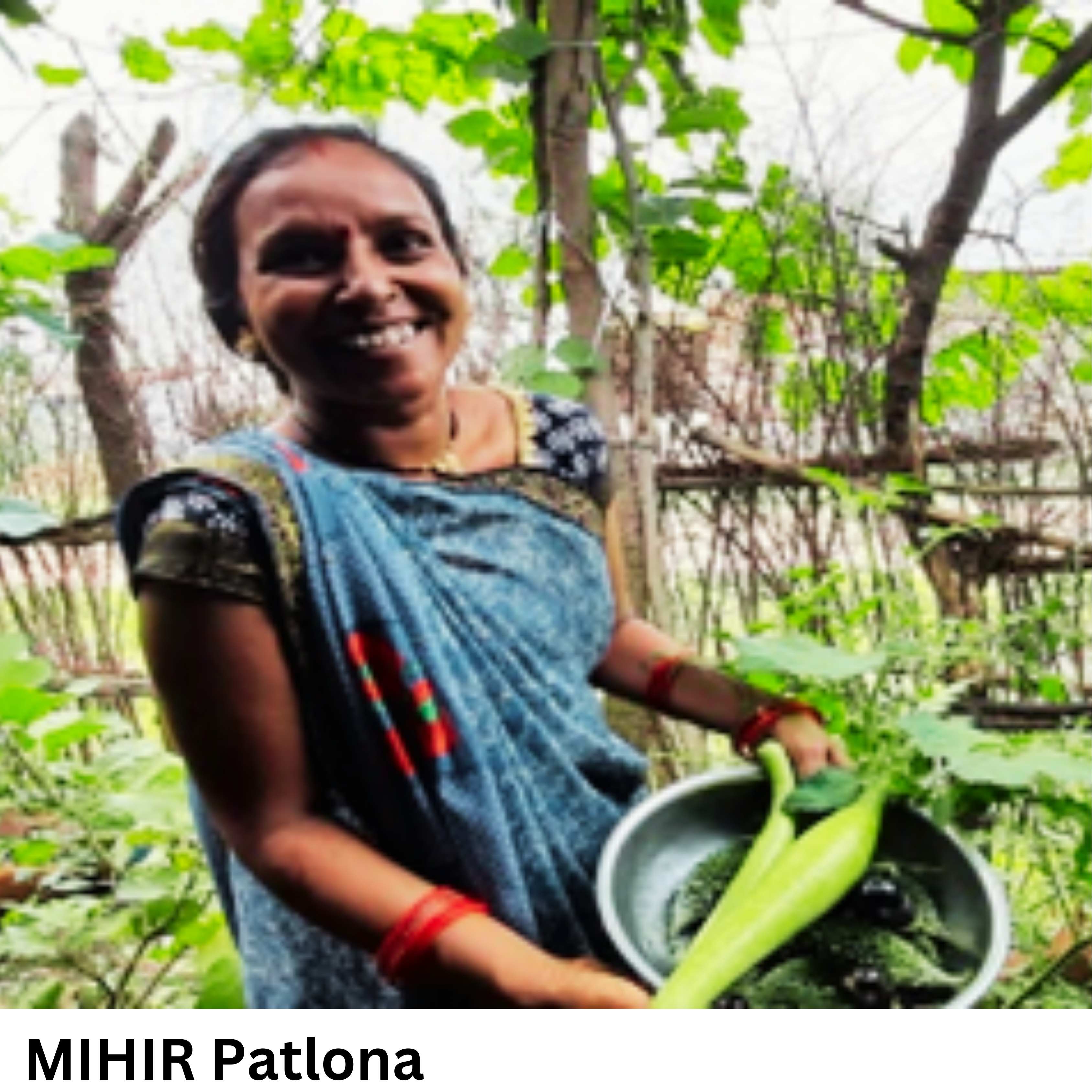
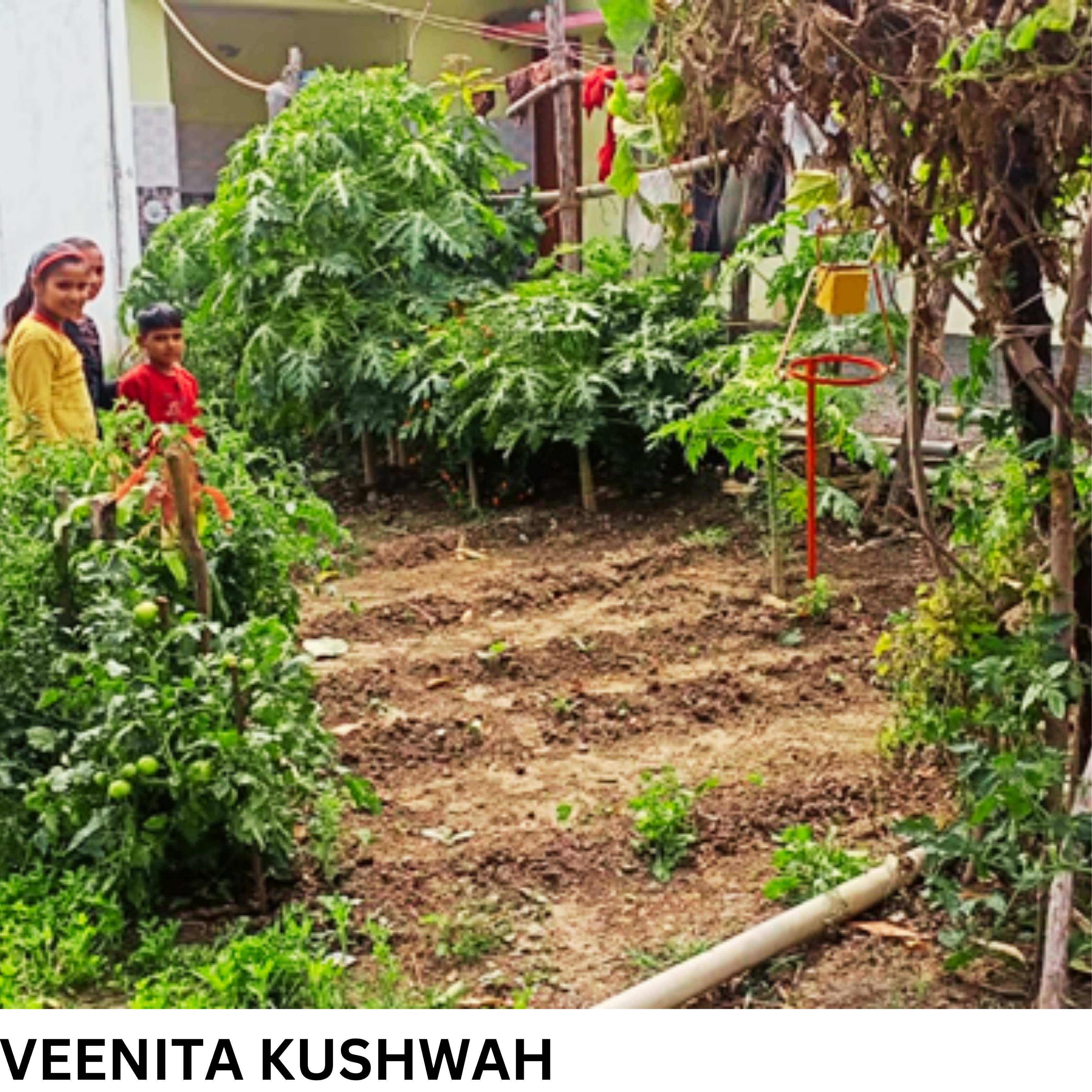
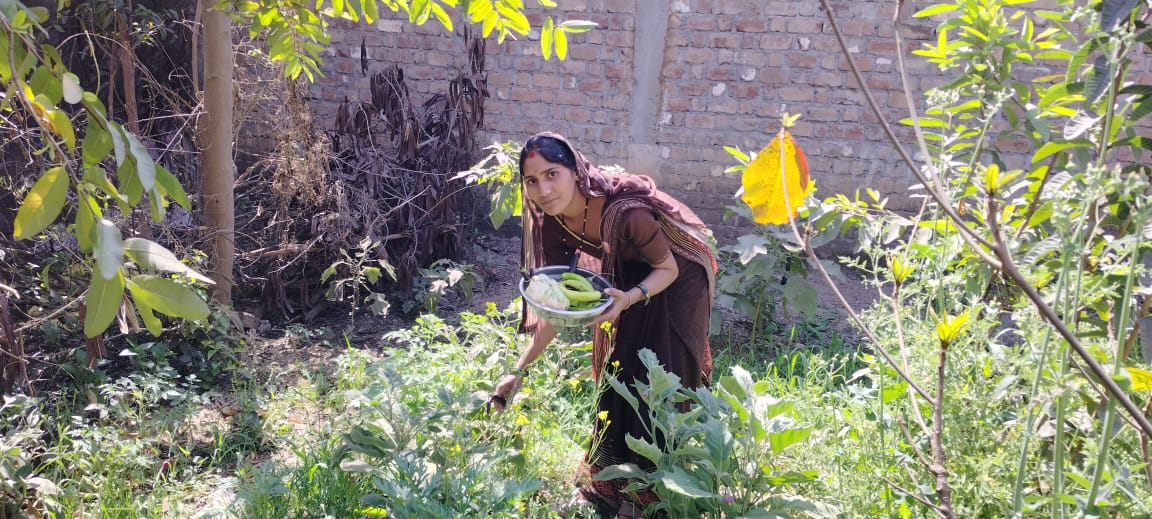
Sarita Singh Ji
From school to home, taking a step towards change that transforms lives.
Read More
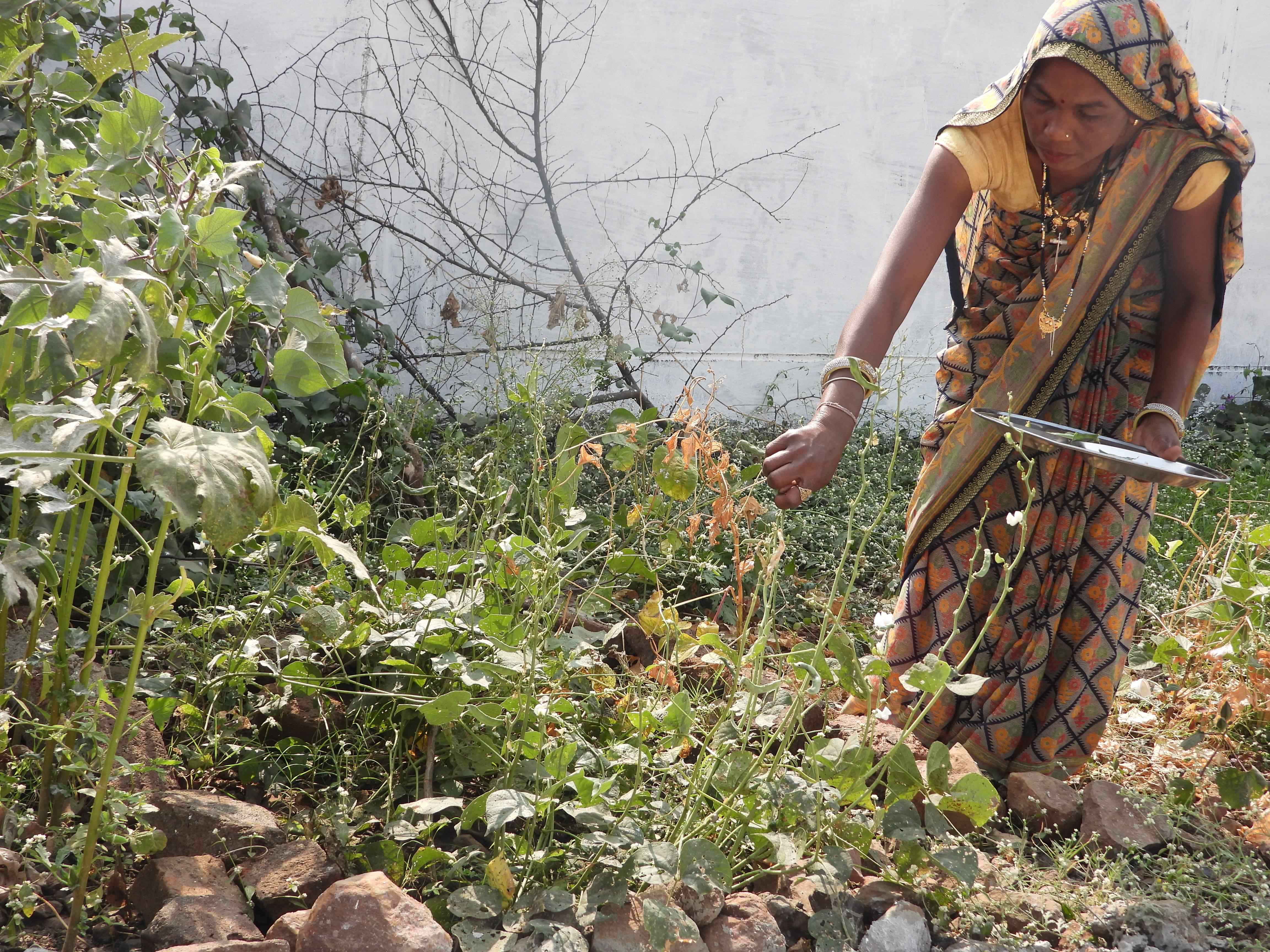
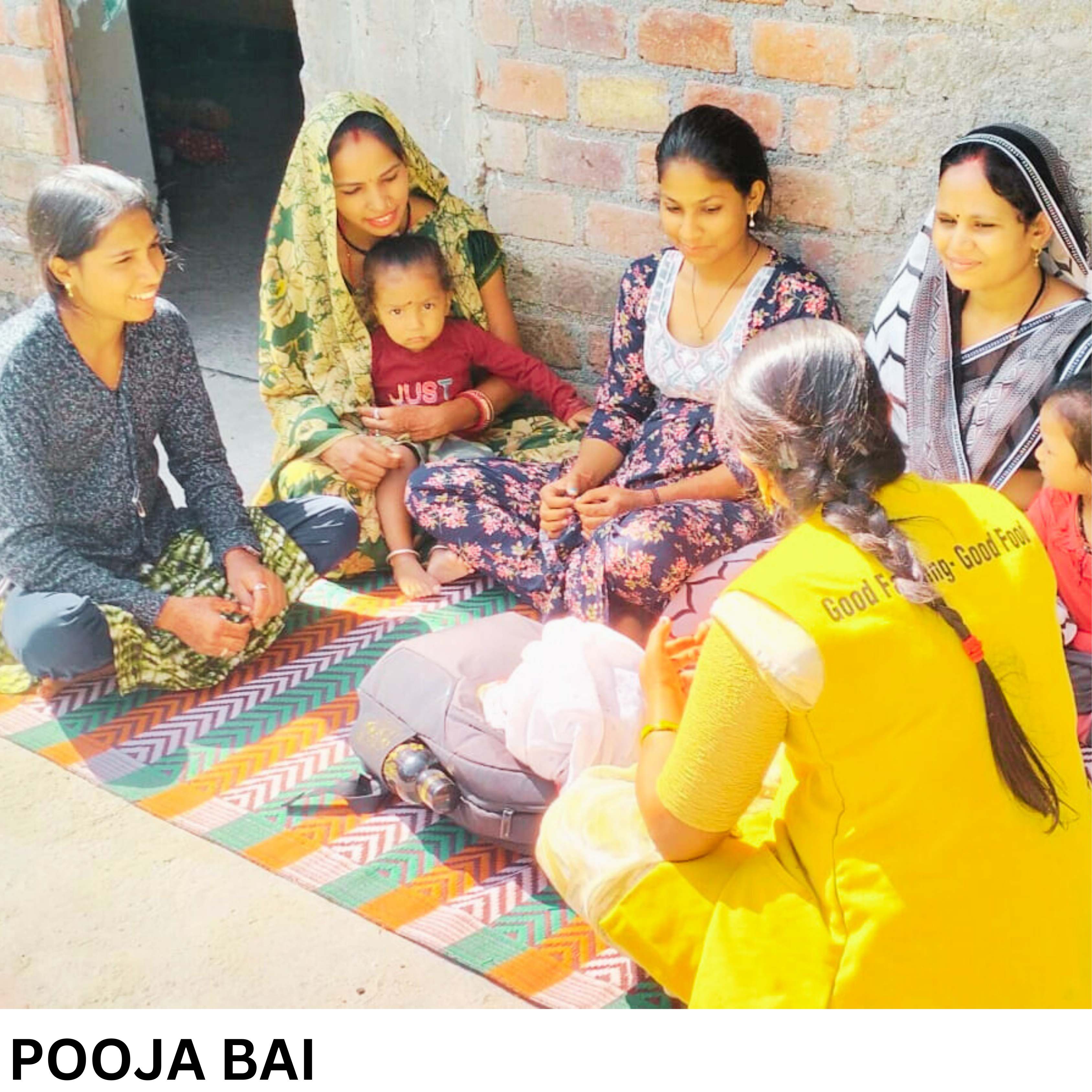
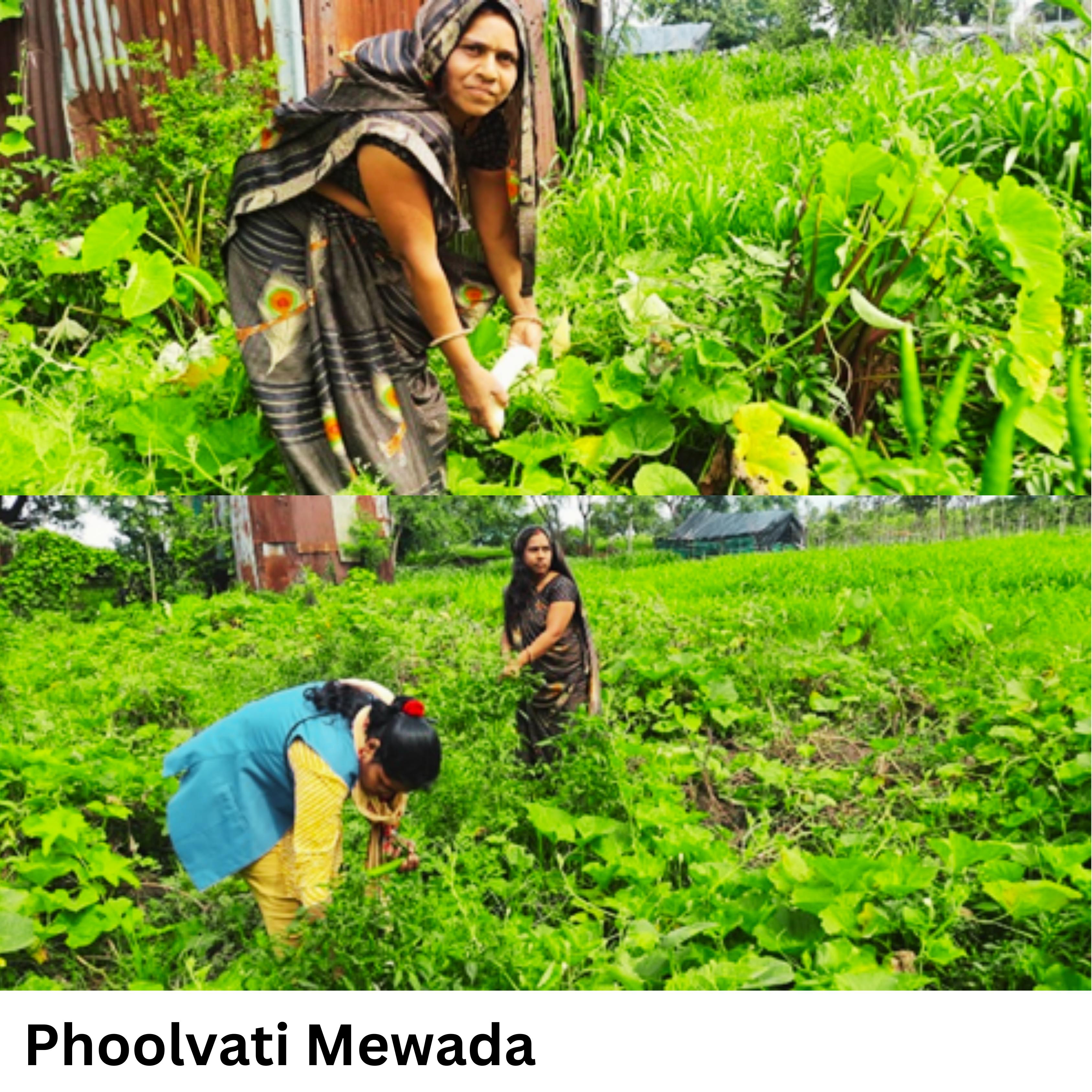
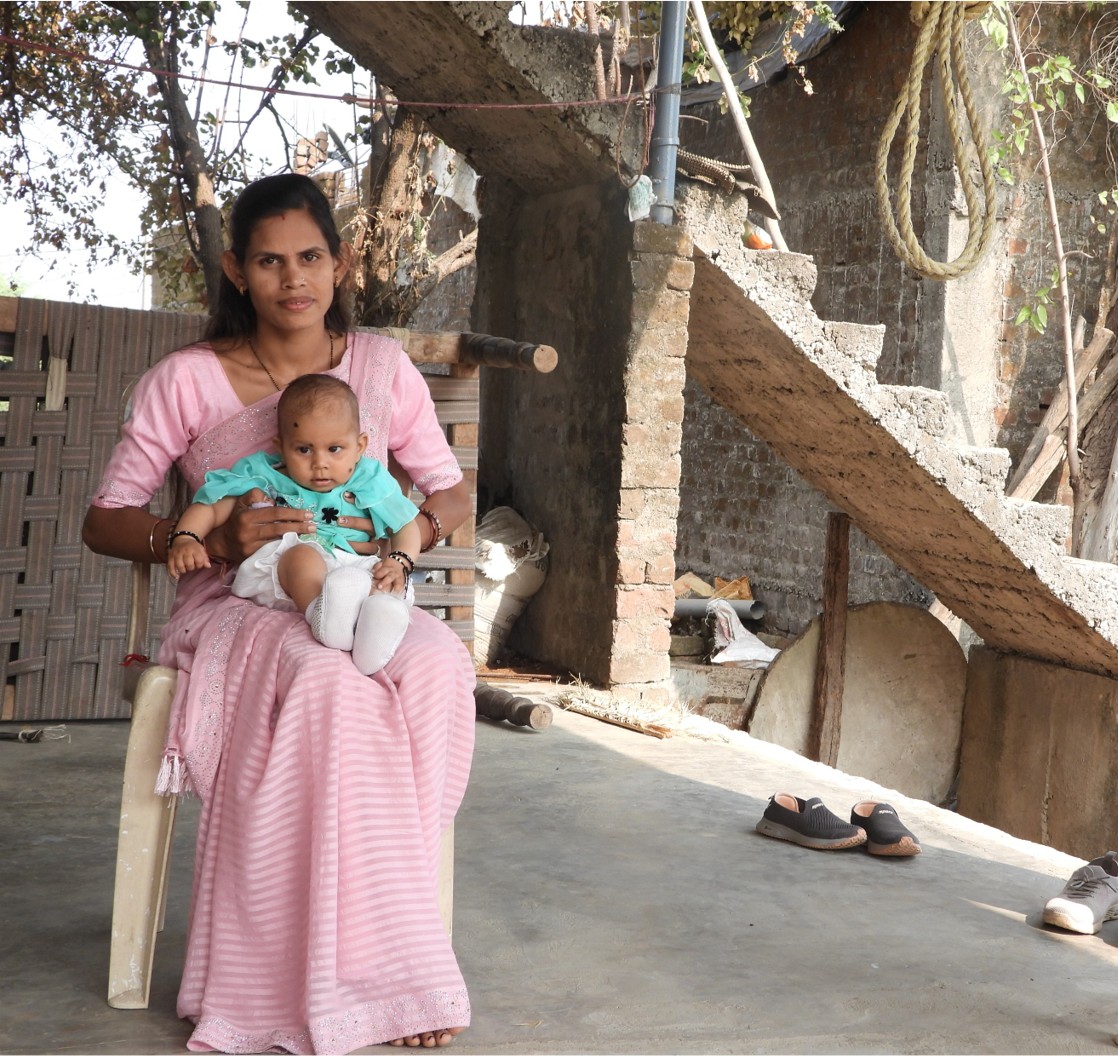
Narayani Ji
Narayani adopted a comprehensive approach to ensuring proper nutrition
Read More
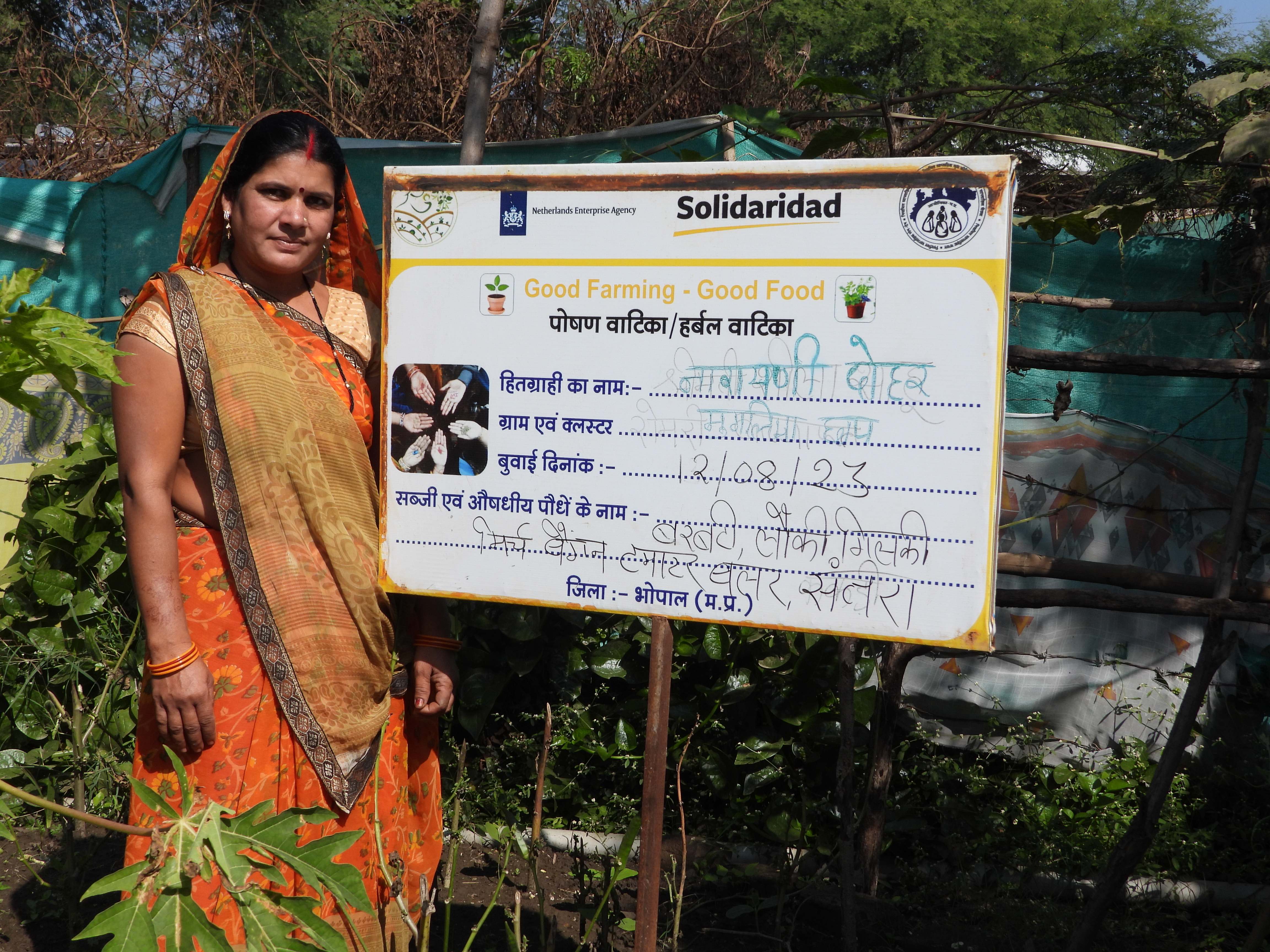
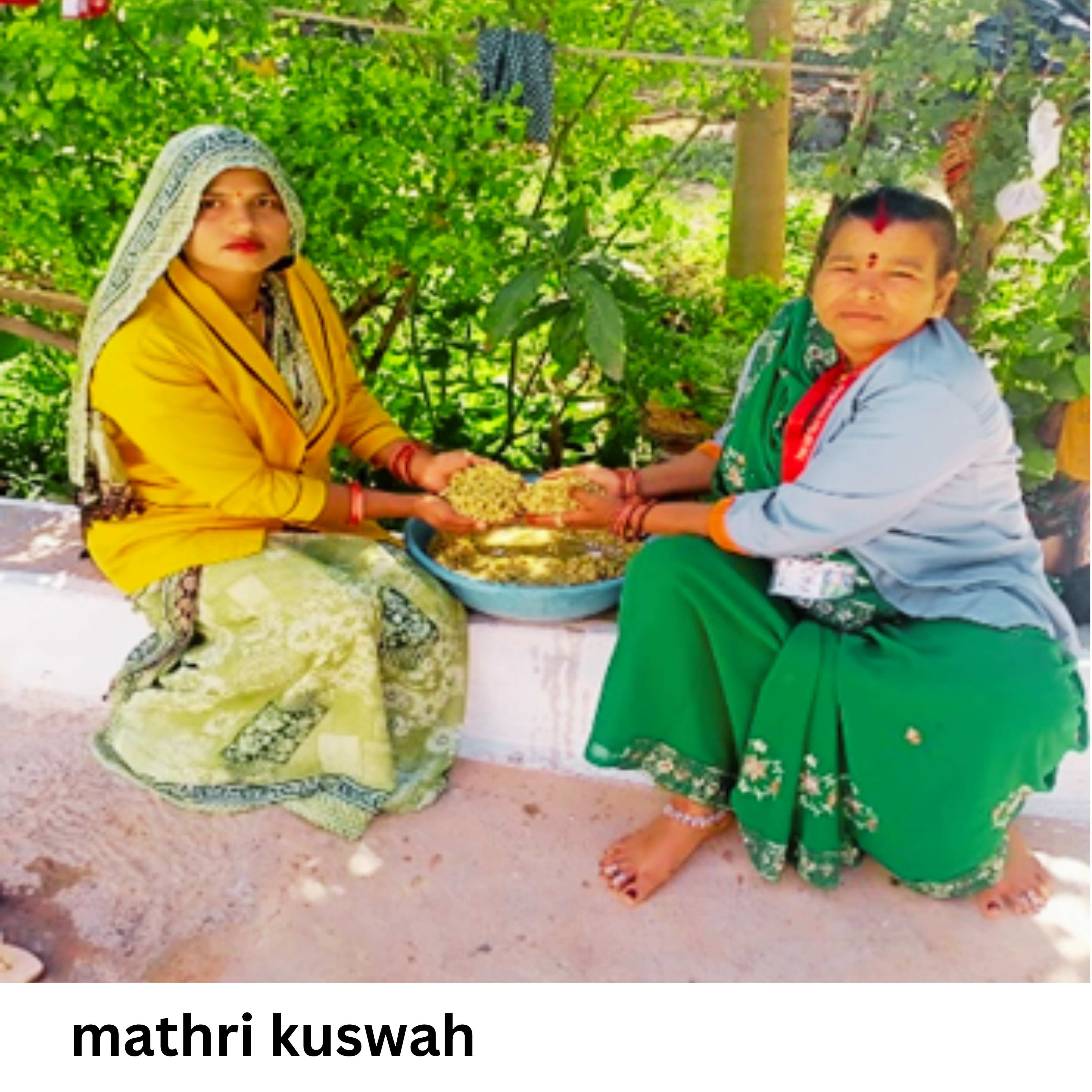
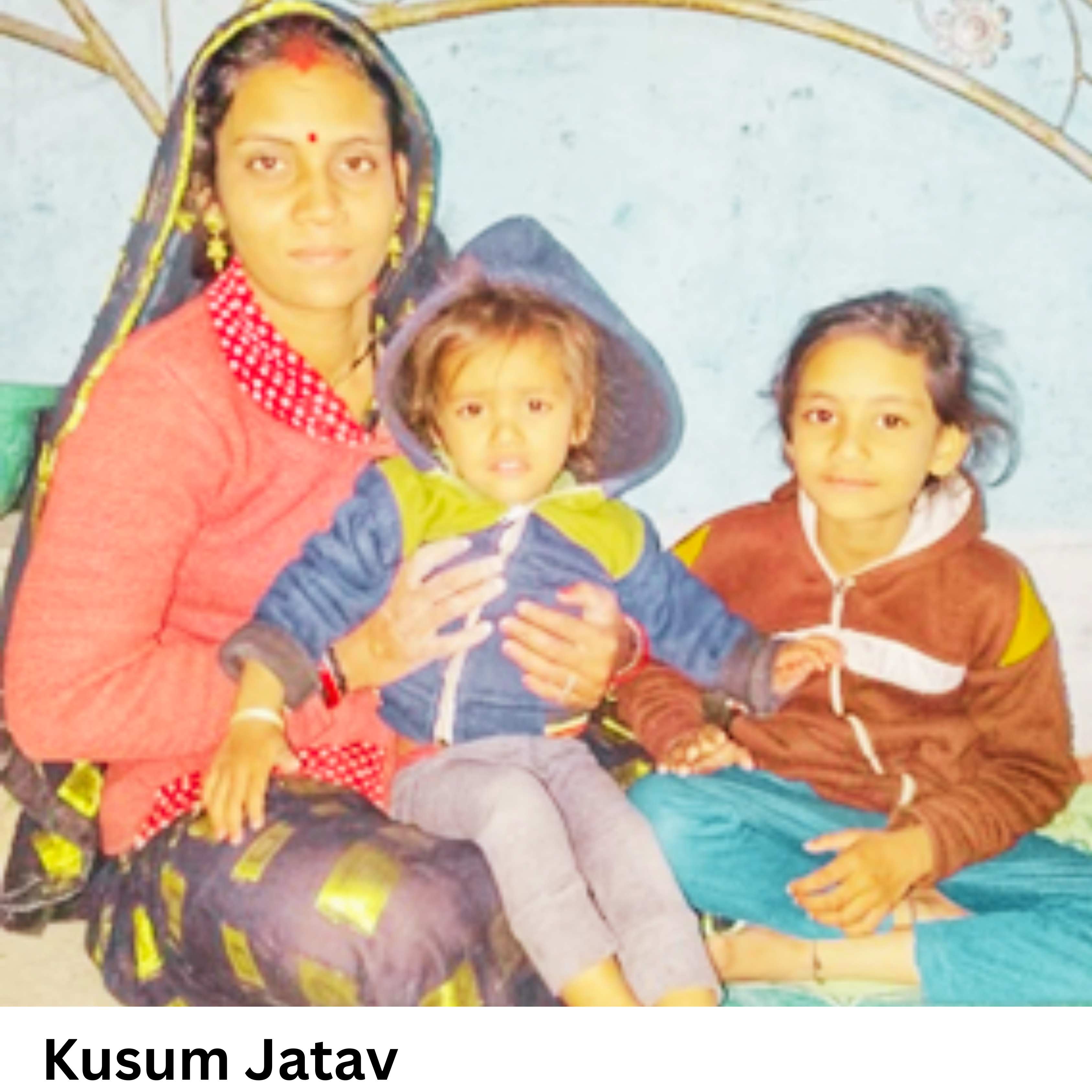
Women leading the way
Women leading the way: Food processing for a sustainable future
Read More

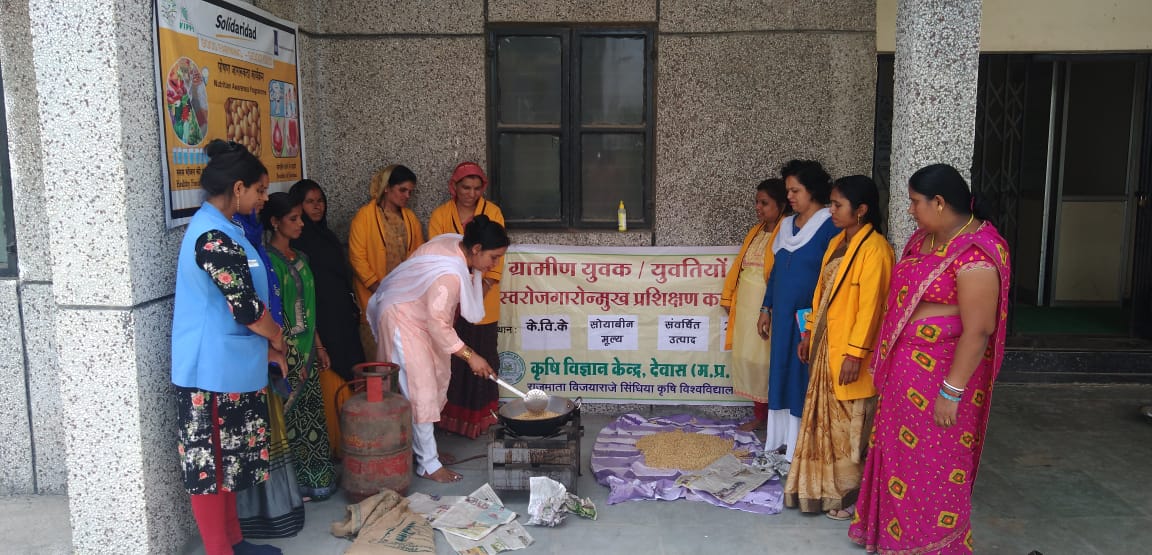
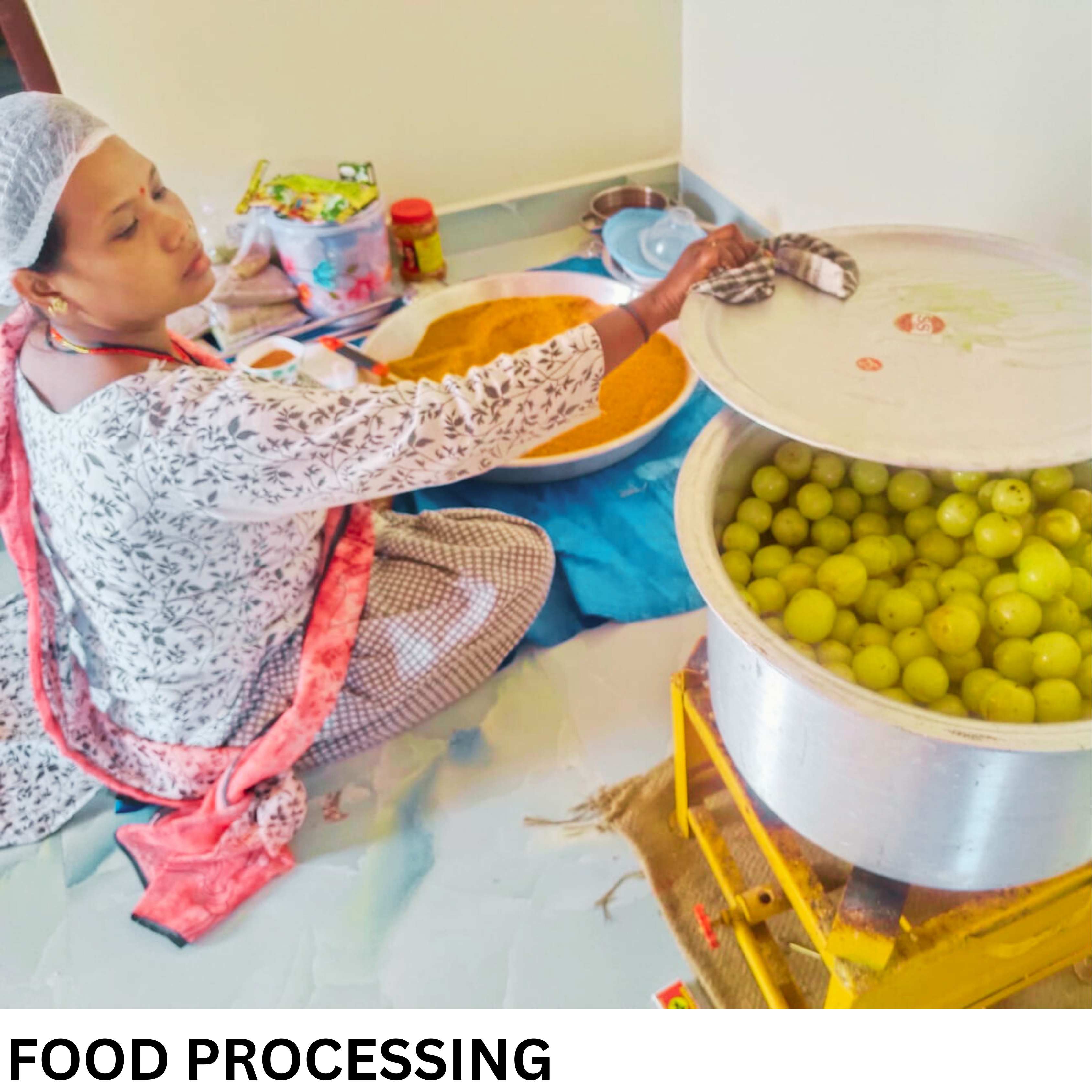
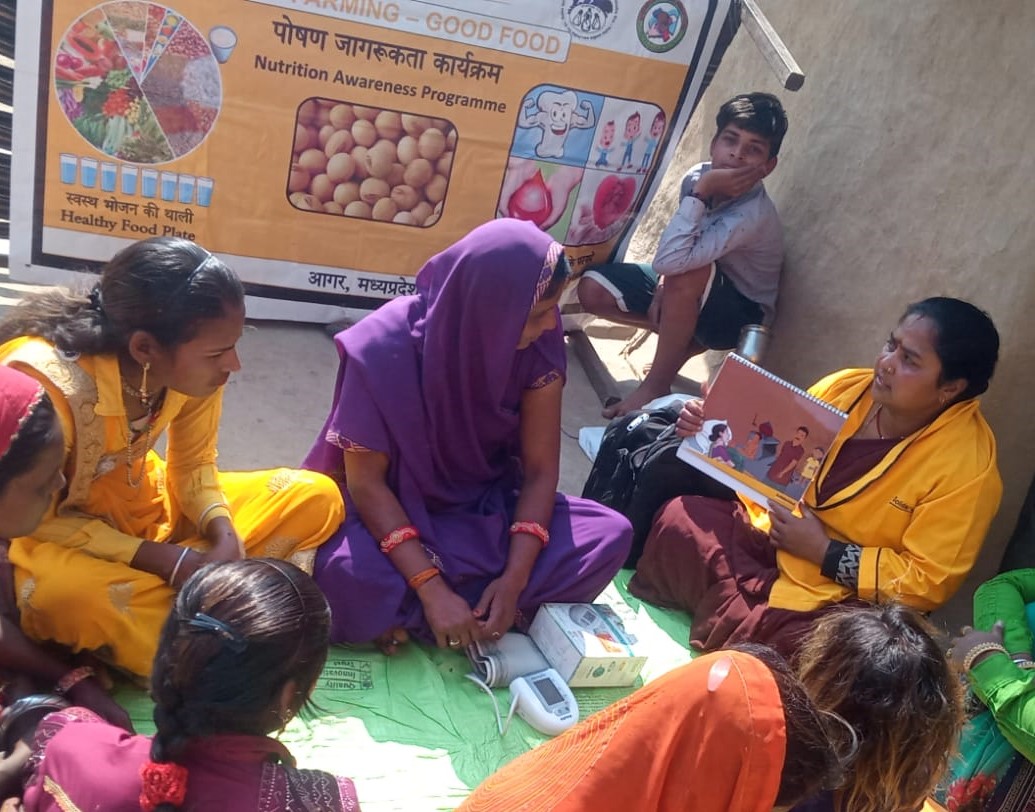
Aarti Verma
Aarti Verma’s journey with the Good Farming–Good Food–Good Health Programme
Read More
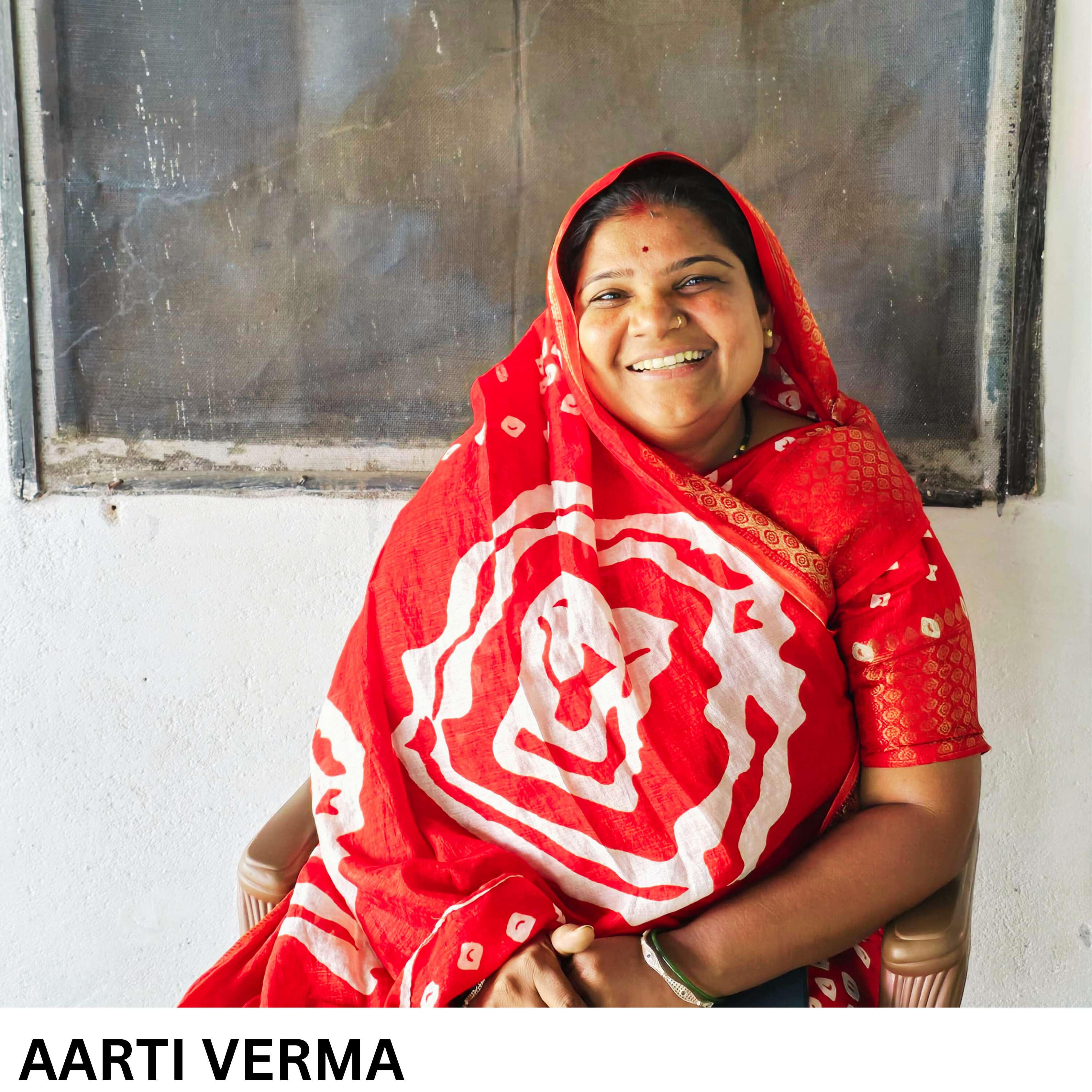
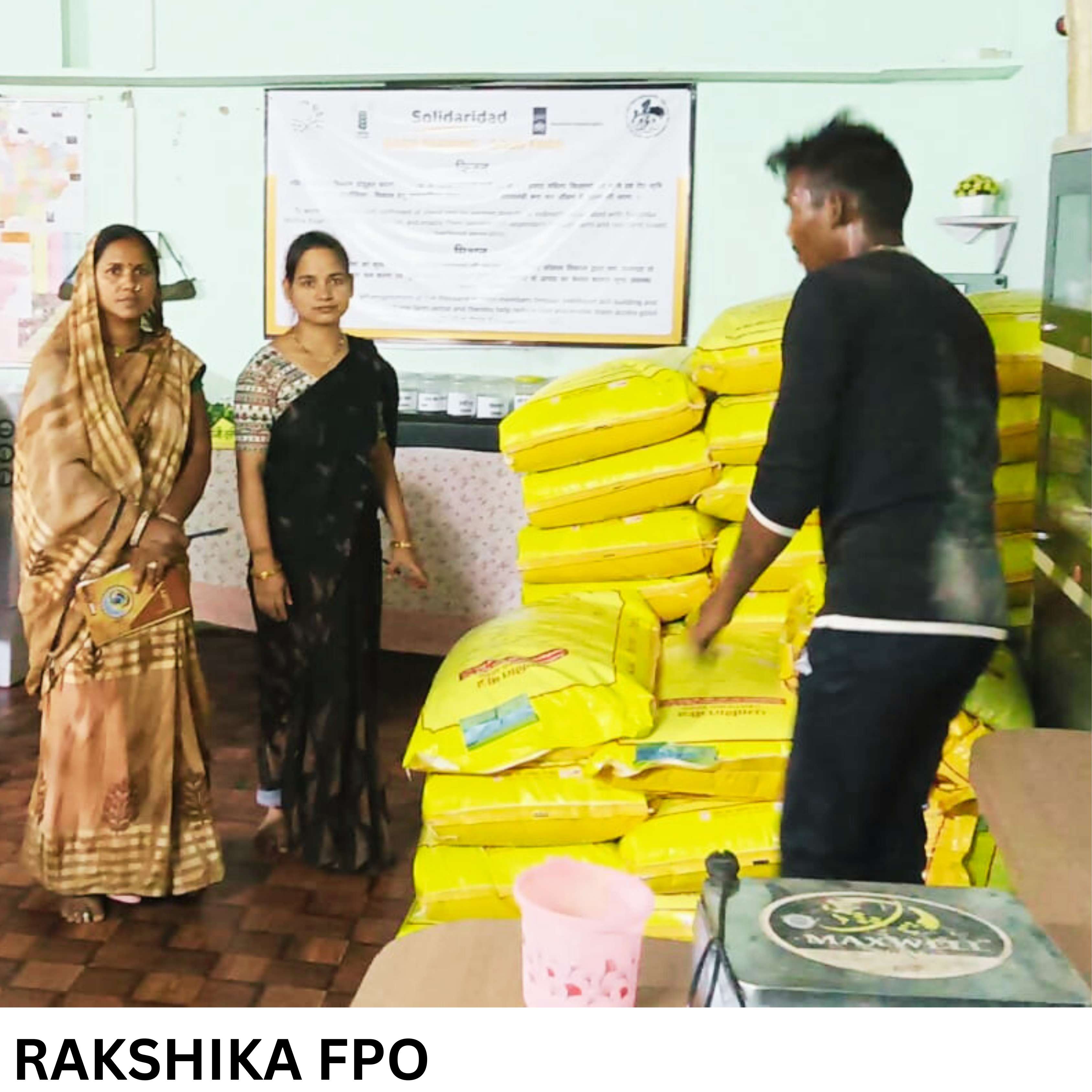
Dharmendra Yadav
From classroom to farmland: Dharmendra Yadav s journey towards sustainable farming and better nutrition
Read More
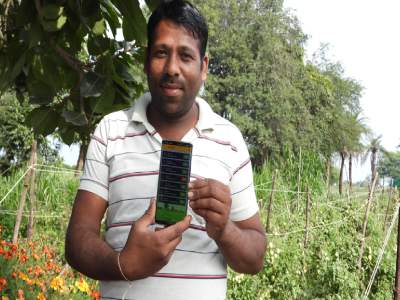
Sona Bai
I will not stop until I achieve the best – The story of Sona Bai
Read More
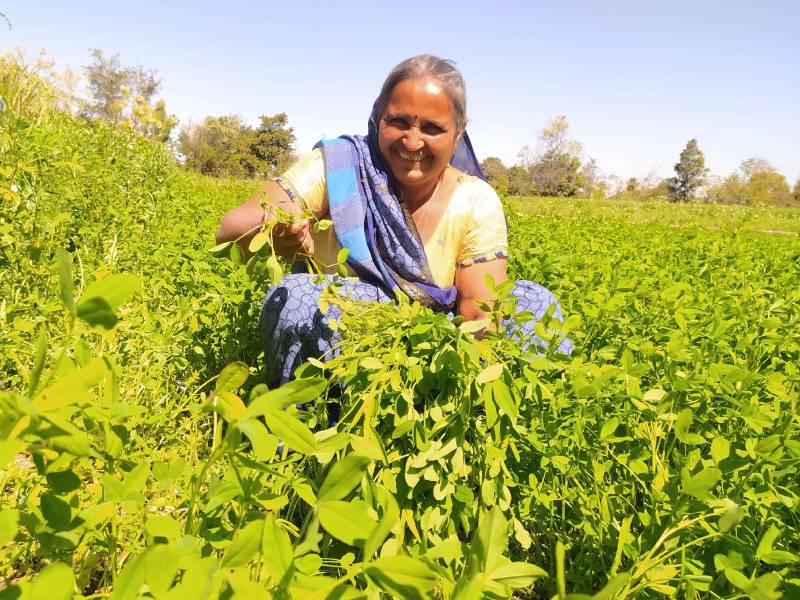

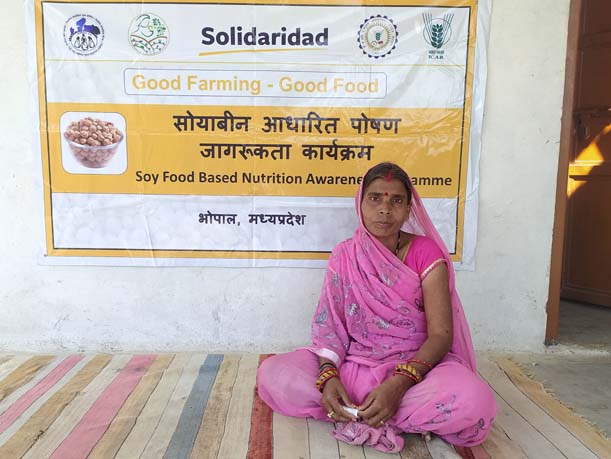
Shree Kanwar Lal
Kanwar Lal paving the way for Smart Agriculture to the farmers..
Read More
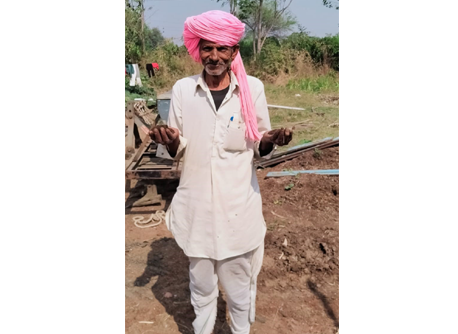
Kaalu Singh
For many farmers of India, farming remains to be a gamble due to erratic monsoon. The challengs multiplied due to pandemic triggered lockdowns. In such situations, farmers like Kaalu Singh have to reckon with the forces of nature..
Read More
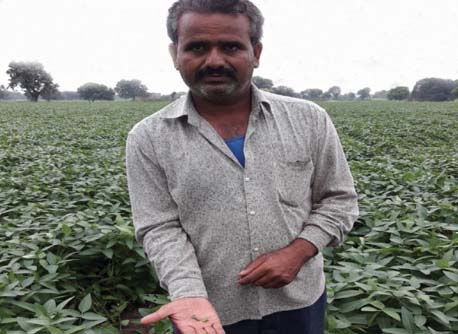
Rekha Goswami
From a shy housewife to a lead farmer and later a Board of Director for an all-women Famer Producer Organisation, Rekha Goswami is an outshining example of what women can achieve in little or no time.
Read More
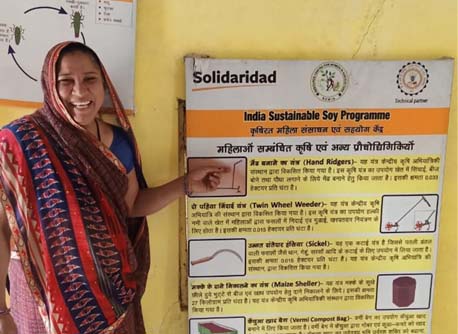
Ramesh Mewada
Farming has become a profession that demands constant improvement and education. Those who fail to keep up with the pace are often left behind with considerable losses to bear. In an attempt to revitalise farming efforts, Ramesh Mewada spares no efforts.
Read More
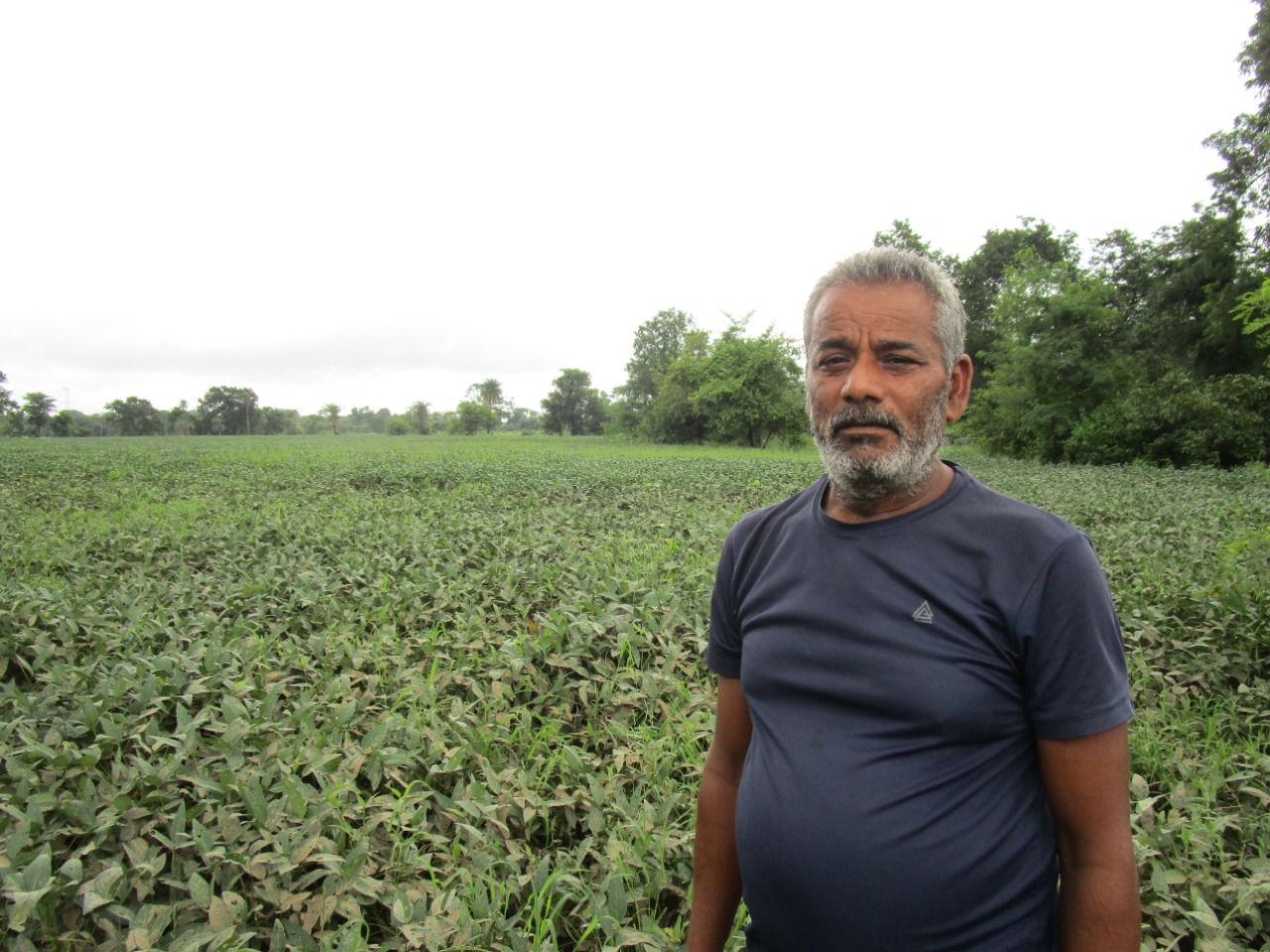
Rekha Chouhan
Rekha Chauhan is one of the many women from the farming community involved in the family farming equation. Farming is a challenging profession. Low output, declining rainfall and poor agricultural inputs have often tormented the farmers for years. The problems faced by Rekha are common to the community as well. But what makes Rekha and her fellow farmers special is their persistence to bring positive changes that matter the most in the farming profession.
Read More
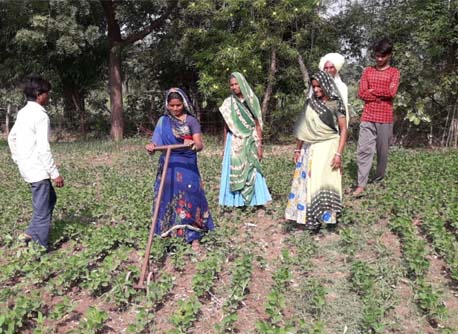
Jagdish Gurjar
A farmer’s plight through the ups and downs of agricultural dynamism is best illustrated by their ability to hold on to their profession. Jagdish Gurjar’s story is one that reminds us of every farmer across central India who strives for perfection regardless of the challenges that farming as a profession may bring. India, where more than 50 per cent of its population is involved in a farming or farming-related profession, offers challenging conditions to its farmers especially in terms of low yields and climate-related issues.
Read More
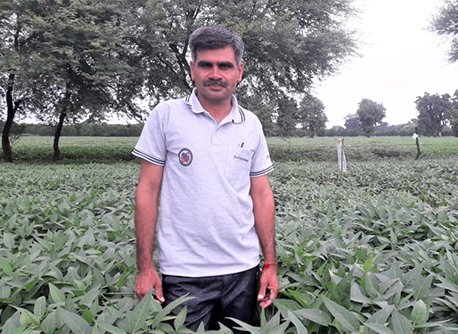
Reena Nagar
An unusual issue that features in almost every farming community across the world is that very few women farm in their own right. Most of the glaring farming activities are dominated by men, whereas women involvement is limited to looking after the house and provide support for family’s farming in every way possible. Even after her all-inclusive assistance, the work of women in agriculture-related professions goes unrecognised. A common denominator of- no ownership and no decision-making rights remains dominant in society. A similar trend is seen when the land passes from father to son and not to the daughter. The patrilinear line of inheritance further confirms the under-representation of women in agriculture.
Read More
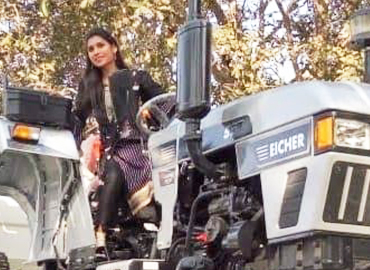
Preeti Shrivastava
Despite being the fastest growing country in South Asia, humanitarian challenges like malnutrition continue to affect many Indians. While the widening socio-economic gaps are looming over farming communities, training programs like Nutri Sakhi are active amongst their neighbourhood to spread awareness about nutrition while maintaining a sustainable approach and boosting livelihood. Preeti Shrivastav is one of the farmers who leads the change in block Phanda of district Bhopal, with a persistent commitment to the cause.
Read More
